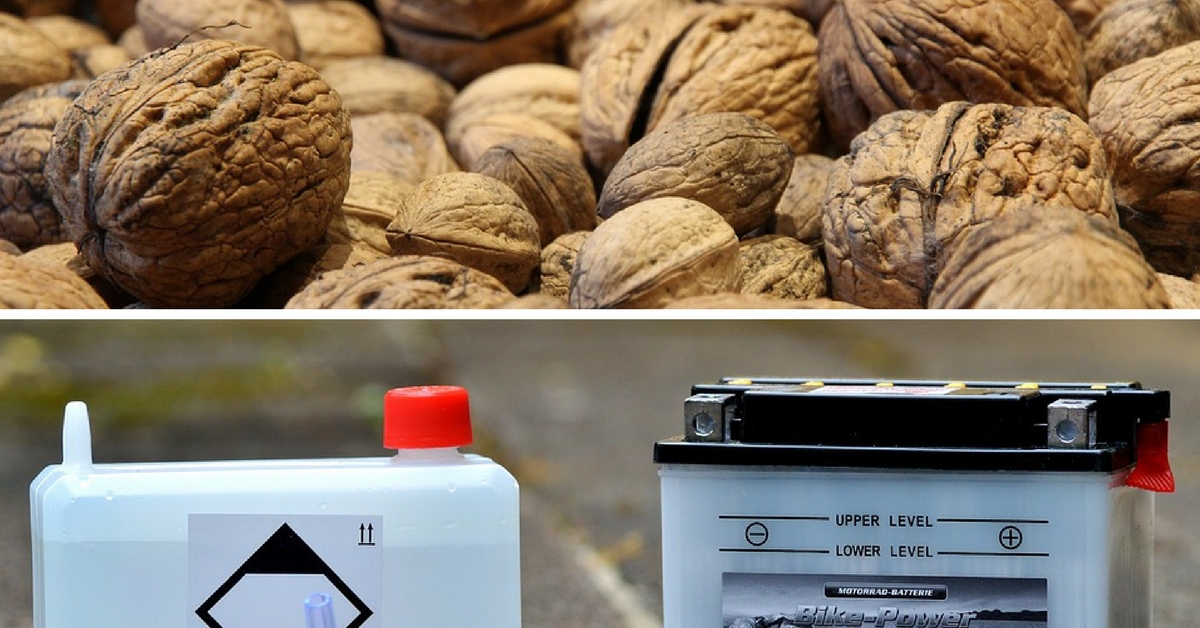Sodium-ion batteries are significantly cheaper than lithium-ion varieties
ashmir’s lofty mountains and majestic slopes, together with the temperate are ideally suited for walnut production, and it is no wonder that Kashmiri walnuts are famous worldwide for their superior taste.
Naturally, a lot of organic waste, by way of walnut shells, is also generated.
A team of scientists from the Indian Institute of Science, Education and Research (IISER), carried out a study and found that 63,000 hectares of land is used for walnut cultivation in Kashmir. Of the total 36,000 tonnes of organic waste generated from the farm produce, 15,000 tonnes is contributed by walnut shells alone.
On a visit to his home, one of the researchers, Wahid Malik, who is a native of Kashmir, came up with the idea of using the carbon-rich walnut shells to make batteries.
Batteries are vital and are needed for all renewable energy resource management and usage, including grid-based setups, electric vehicles and biomedical or handheld devices.
The team, led by Satish chandra Ogale, went to work processing the nutshell, to obtain high-quality carbon, usually used in the anode part of the sodium-ion battery. Although these batteries are similar to the standard lithium-ion batteries, they are much cheaper, because of the abundance of sodium over lithium in nature.
The Indian Express quotes Malik. He says, “It is one of the greatest issues for farmers back home, to deal with the hard and nutty shell of dry fruits, especially that of walnut. That is when, while thinking of his proposal for CSIR-800 mission as a doctoral student, it was ideated and worked upon.”
According to the researchers, walnut nutshells have an advantage due to their natural composition. Ogale says, “The foliage of the shell perfectly suits the requirements once it is treated chemically, giving an edge over other natural resource substances.”
Crushed walnut shells are first cleaned using acids, and subjected to pyrolysis process, heated at temperatures as high as 1,000 degrees Celsius for about 4 or 5 hours. Then, the carbon chunks are extracted within the created inert atmosphere, and then powdered or converted into a paste.
This breakthrough has multiple advantages. According to Malik, sodium-ion batteries are expected to be at least five times cheaper than lithium-ion batteries. Also, farmers in the valley can have an extra source of income. As of now, just 5% to 10% of the leftover organic waste is used to make packaging products; the rest is burned, causing air pollution.
At the lab testing stage, the scientists were able to extract around 300-400 mg of battery-grade carbon from one gram of powder obtained from the walnut shell, which makes them believe that they have possibly stumbled upon the best solution for Kashmir’s great walnut organic waste problem.




